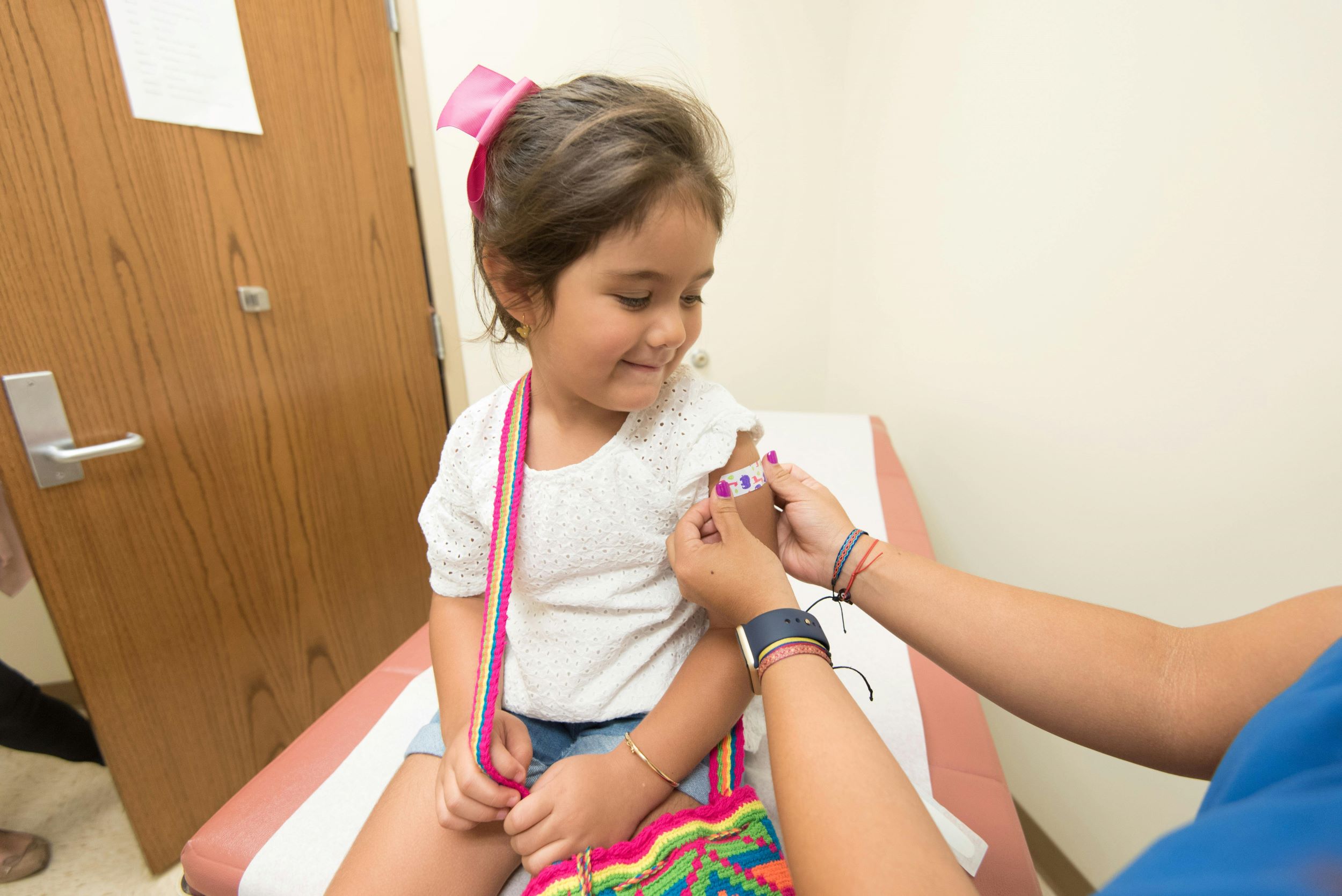Search
Community links and support services
Strengths-based, tiered, accessible, resources and supports (STARS) for Kids for parent, carers and their children.

Access world-leading evidence from Australia’s largest longitudinal birth cohort study, uncovering how early environments influence the development of chronic disease across a generation.

Nutrition in preschool children with autistic behaviours.

Investigating school readiness in ORIGINS' five-year-olds

Enhancing psychological wellbeing in families from pregnancy to infancy

Reviewing the development and wellbeing of children, prior to them commencing kindergarten

Exploring whether urinary ferritin can be used as an alternative biomarker for measuring iron status in young children over blood draws.

This study examines the impact of nutrition-related maternal, infant and childhood health outcomes and healthcare utilisation.

This study is aiming to investigate how sun exposure and time outside impacts the health of your child’s eye and eye growth, over a period of rapid growth in their lives.
